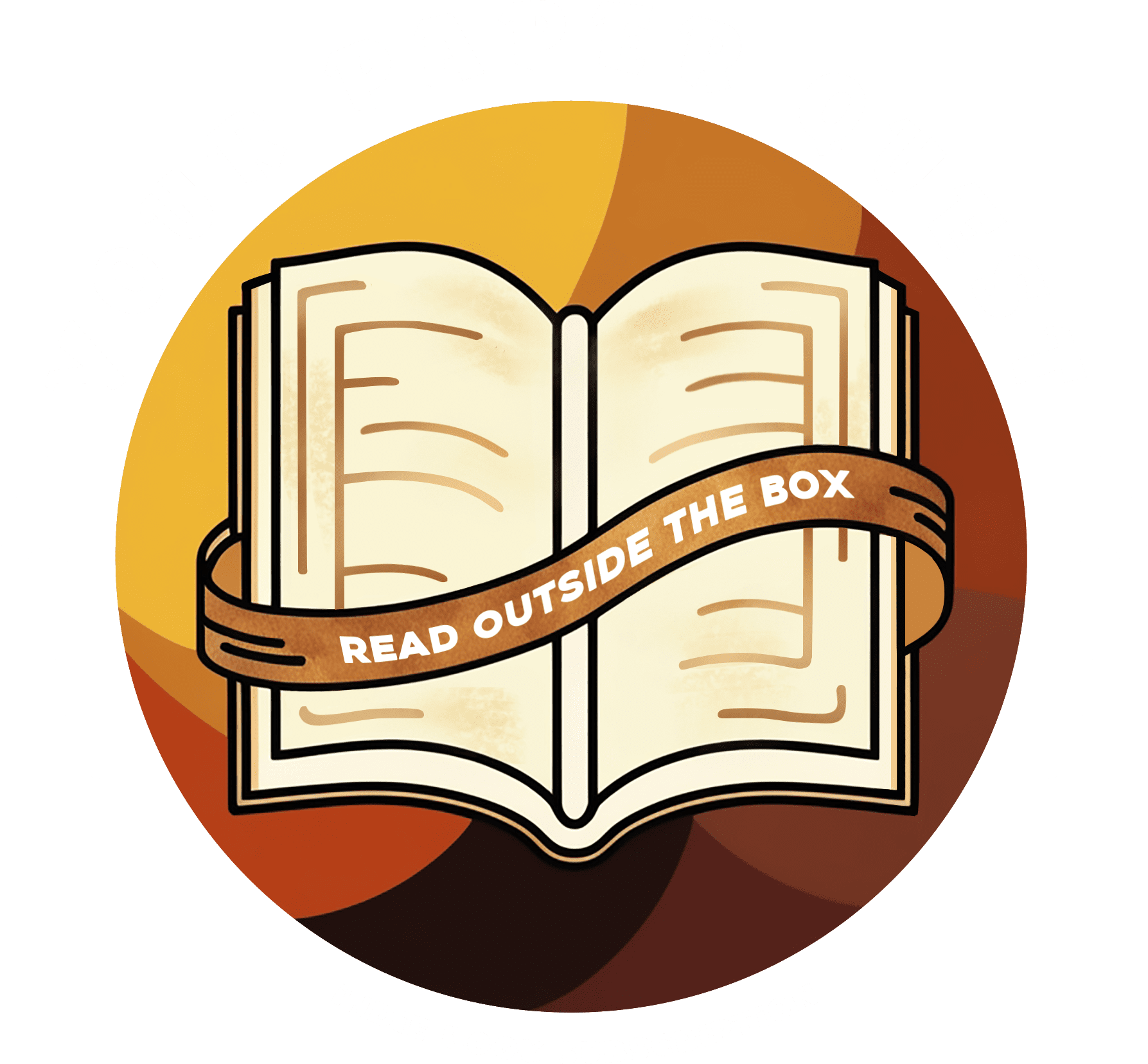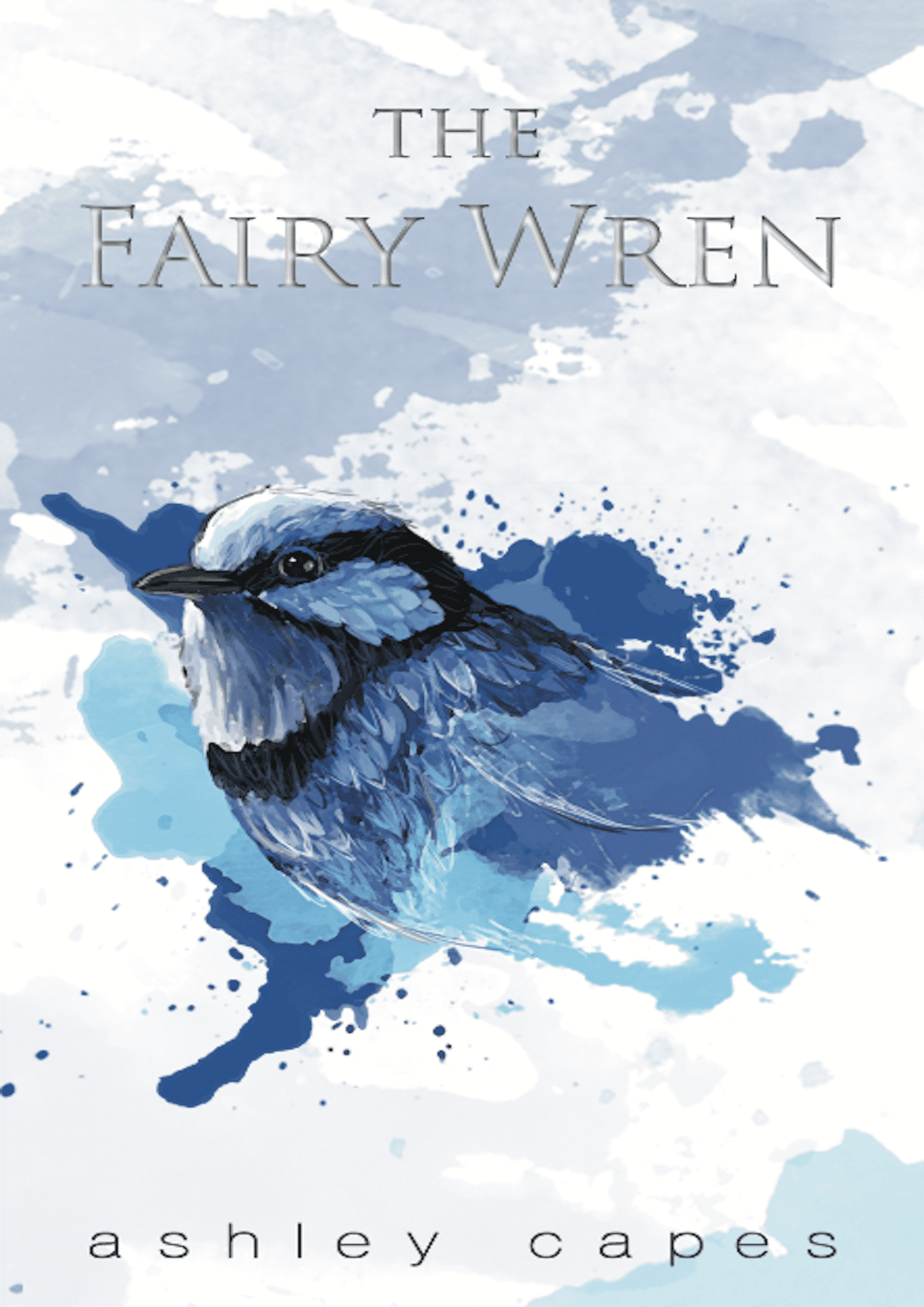Ashley Capes
THE FAIRY WREN
Probably back in high school during the 1990s, when I was asked to join a band as their singer.
Basically, my friends said, “Hey, you write poetry, right? That means you can write lyrics too – want to be our singer?” And I did want to give it a shot. While I wasn’t (and still am not) a good singer, I was obsessed with writing. 😀
At the time, I was also working on my fiction, but as the years rolled on, I had more success with poetry. After a few deals with small publishers, I eventually realized that if I wanted any supplementary income from writing, poetry wasn’t the way to go.
Equally, I felt a bit competitive with myself. After all, I’d managed a little success with poetry—couldn’t I do the same with fiction? Looking back, I think I have. I won’t ever be a household name (thankfully), but I can now pay some bills from writing, and that’s a nice surprise!
This is a tough question!
I think many of my stories have deterministic plots, where a character makes a series of choices that lead to unavoidable conditions, definitely leading to trouble.
My characters are never going to abstain from making choices, of course, and so the outcomes they face seem pre-determined. But magic operates as a circuit breaker. Magic ends up throwing a spanner in what seems inevitable, and that keeps things interesting for me—and hopefully for readers, too. 🙂
A lot of fun, absolutely!
I think the crime aspects, more than the magical ones, pushed me in that direction, though I suppose not all the way to an ‘action-thriller.’ Instead, I probably settled somewhere closer to a ‘suspense-thriller.’ But that was part of the fun, because I didn’t want to reveal too much to the reader too quickly. I tried to slow the pace down with The Fairy Wren…
… which wasn’t easy in some ways, since I’m far closer to being a ‘pantser’ on that sliding scale. But if I plan a book heavily, I get bored when I actually move on to the writing. It feels like I’m writing the same book twice, and I want to be surprised during that first draft. The downside to this is that editing takes me a lot longer than it should.
I have one bit of advice that would have helped me when I was starting out: “Be wary of prescriptive advice.”
Some folks may be great at writing, but terrible at communicating advice.
I say that because these people can simply repeat what worked for them and then claim it as doctrine. They’re not self-aware enough to realize they’re suffering from confirmation bias. This is very dangerous, because what worked for one writer might not work for you and could make you hate or give up on a good project.
So, my advice is to try a range of methods and approaches to planning, drafting, and editing to best discover what suits you.
Basically, never listen to people who say, “This is the only way.”


